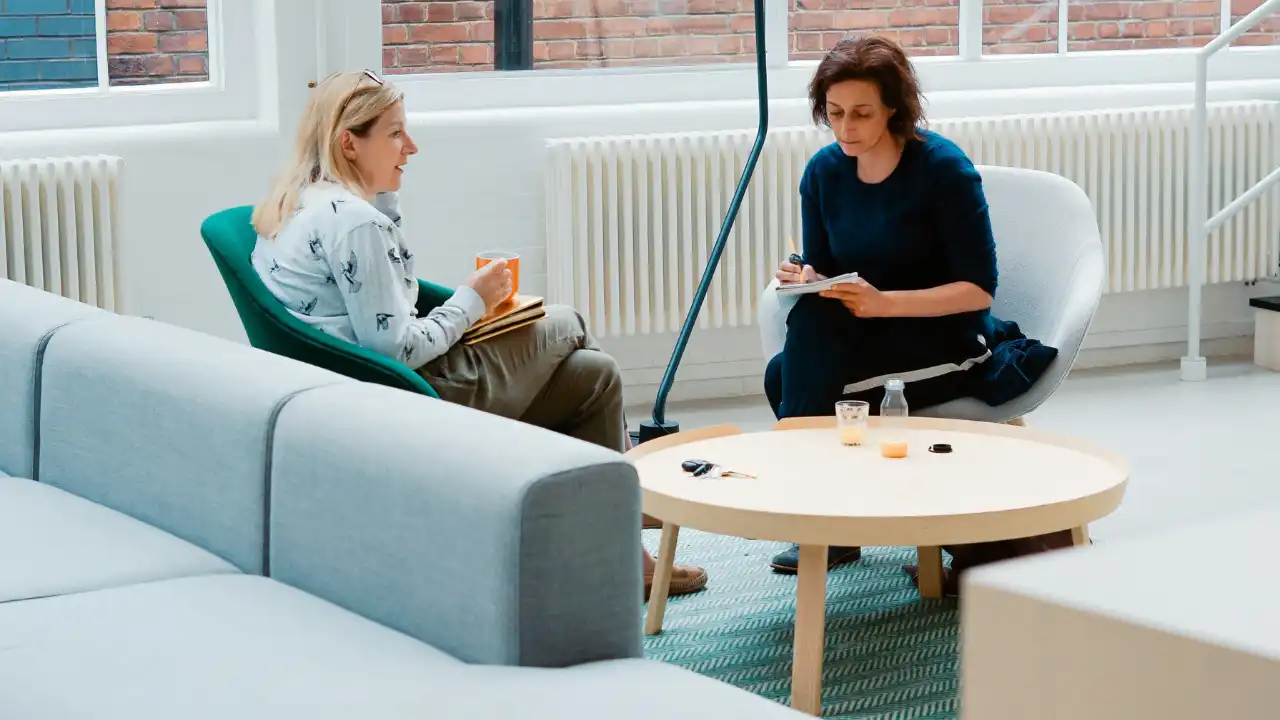24/7 Helpline:
(866) 899-221924/7 Helpline:
(866) 899-2219
Learn more about Medication-assisted Treatment centers in Union County

Other Insurance Options

Aetna

Optum

WellCare Health Plans

Evernorth

UnitedHealth Group

Amerigroup

Oxford

Horizon Healthcare Service

Highmark

Humana

Sutter

CareFirst

Medical Mutual of Ohio

Premera

Group Health Incorporated

WellPoint

Absolute Total Care

ComPsych

Lucent

MVP Healthcare

AppleGate Recovery
AppleGate Recovery offers medication assisted programs for individuals with opiate addiction. The ou...

Central Arkansas Veterans Healthcare System – El Dorado Outpatient Clinic
Central Arkansas Veterans Healthcare System - El Dorado Outpatient Clinic is a public clinic located...

Carle Addiction Recovery Center
Carle Addiction Recovery Center is a behavioral health and substance abuse treatment facility locate...

Canaan SAFE House
Canaan SAFE House is an inpatient rehab for men and women located in Urbana, IL. Canaan SAFE House s...

Pawnee Mental Health Services – Geary County
Pawnee Mental Health Services – Geary County is a private rehab located in Junction City, Kansas. Pa...

South Central Mental Health – Counseling Center
South Central Mental Health – Counseling Center is a private rehab located in El Dorado, Kansas. Sou...

Doan Center for Counseling
Doan Center for Counseling is a private rehab located in El Dorado, Kansas. Doan Center for Counseli...

Restoration Center
Restoration Center is a non-profit rehab located in Junction City, Kansas. Restoration Center specia...

Diocese of Trenton – Delaware House – Mental Health
Diocese of Trenton – Delaware House – Mental Health is a private rehab located in Mount Holly, New J...

Burlington Comp Counseling
Burlington Comp Counseling is a private rehab located in Mount Holly, New Jersey. Burlington Comp Co...

Consolidated Care
Consolidated Care is a non-profit agency serving Urbana, Ohio. Consolidated Care provides compassion...

Looking Glass Community Services
Looking Glass Community Services is a private rehab located in Junction City, Oregon. Looking Glass ...

Wilderness Deliverance Camp
Wilderness Deliverance Camp is a non-profit rehab located in El Dorado, Arkansas. Wilderness Deliver...

El Dorado Rehabilitation Services
El Dorado Rehabilitation Services is a private rehab located in El Dorado, Arkansas. El Dorado Rehab...

Prevention Resource Center
Prevention Resource Center is a private rehab located in El Dorado, Arkansas. Prevention Resource Ce...

South Arkansas Youth Services – SAYS
South Arkansas Youth Services (SAYS) offers inpatient treatment for adolescents dealing with alcohol...

Preferred Family Healthcare – El Dorado
Preferred Family Healthcare - Washington Avenue offers outpatient services for individuals with a me...

Prevention and Treatment Services – PATS
Prevention and Treatment Services – PATS is a private rehab located in Urbana, Illinois. Prevention ...

Prairie Center Health Systems – Outpatient
Prairie Center Health Systems – Outpatient is a private rehab located in Urbana, Illinois. Prairie C...

Canaan Development Foundation – Men’s Safe House
Canaan Development Foundation – Men’s Safe House is a private rehab located in Urbana, Illinois. Can...

Rosecrance at Killarney Street
Rosecrance is a non-profit rehab located in Urbana, IL. Rosecrance has an outpatient and intensive o...

Healthy Thoughts Wellness Center
Healthy Thoughts Wellness Center is a private rehab located in Urbana, Illinois. Healthy Thoughts We...

TASC
TASC is a private rehab located in Urbana, Illinois. TASC specializes in the treatment of Substance ...

Seventh Direction
Seventh Direction is a private rehab located in El Dorado, Kansas. Seventh Direction specializes in ...

LaForges Addiction Therapy – Winds of Change
LaForges Addiction Therapy – Winds of Change is a private rehab located in El Dorado, Kansas. LaForg...

Central Kansas Foundation
Central Kansas Foundation -North Eisenhower Drive offers assessment and referrals and Outpatient Ser...

Services to Overcome Drug Abuse Among Teenagers (SODAT) of New Jersey
Services to Overcome Drug Abuse Among Teenagers (SODAT) of New Jersey is a non-profit rehab located ...

Legacy Treatment Services
Legacy Treatment Services, in Mount Holly, New Jersey, is an outpatient mental and behavioral health...


























































































































